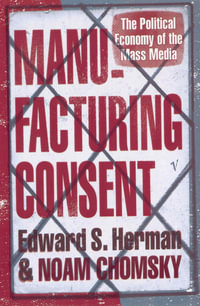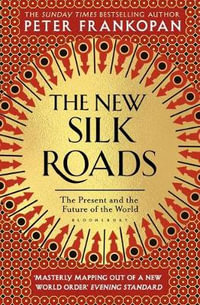The American system of law has experienced a quiet revolution that has gone largely unnoticed by political scientists and legal scholars. The change that has occurred— the abandonment of the common law foundation on which the American judicial system was built—has important consequences for democratic politics in the United States and abroad. Dismantling American Common Law: Liberty and Justice in Our Transformed Courts tracks the development of the American common law through historical and quantitative analysis and a philosophical inquiry of the founding. Author Kyle Scott seeks to reclaim this lost tradition of common law, which was vital as a legitimizing force and consensus-building mechanism at the American founding and will grow in importance for newly democratizing nations around the world.
Industry Reviews
America's abandonment of its original legal-political tradition is a timely topic, given concerns about the judicializing of politics and how to foster the rule of law in our democratic era. The eclipse of the traditional common law in academia and the courts removes a pillar of constitutional democracy. Kyle Scott shows that this is the crucial missing context for our debates about powerful lawyers and litigation, and about judicial activism. Students of law, judicial power, and political development will profit from this display that old ideas and authors guide the spirit of current policies and disputes. -- Paul Carrese, author of The Cloaking of Power: Montesquieu, Blackstone, and the Rise of Judicial Activism
This fine scholarly book contains ample, carefully compiled footnotes and an excellent bibliography....Recommended. * CHOICE *
This perspective offers a new lens to ask questions about democracy, authority, and stability....Scott can add to this pursuit an appreciation for quantitative methods, which is well regarded in social science history. By asking theoretical questions and testing for variables drawn from that inquiry, Scott is encouraging an expansion of methods in studies of legal development. -- Kathleen Sullivan, Ohio University
Common law normally escapes the attention of political scientists. Kyle Scott breaks this unfortunate tradition with an imaginative study that weds traditional jurisprudential and philosophical arguments with sophisticated empirical cross-state comparative analysis. Common law practices have eroded in the American states and Scott's analysis alerts us to the importance of this change and to the underlying political processes that fueled this transformation. -- Paul Brace, Rice University
























